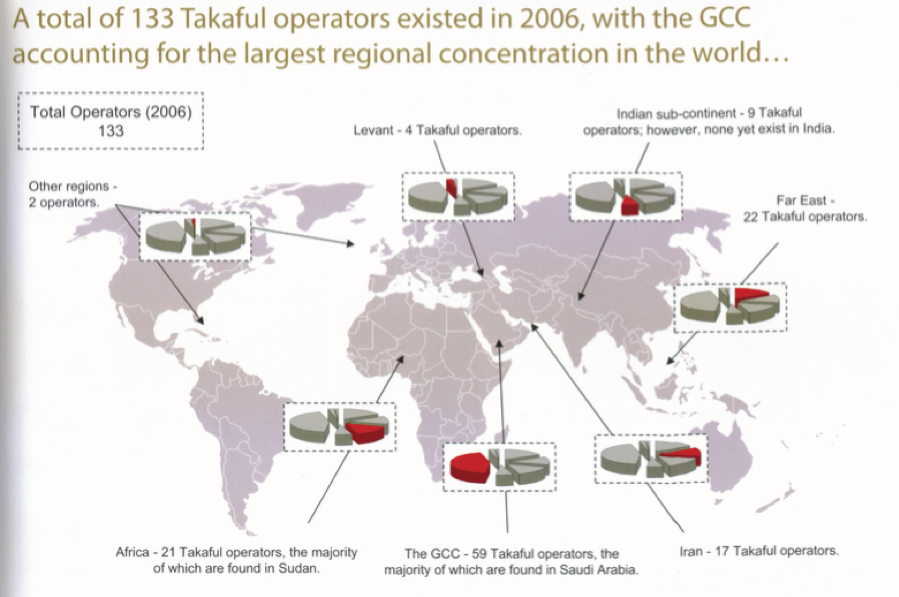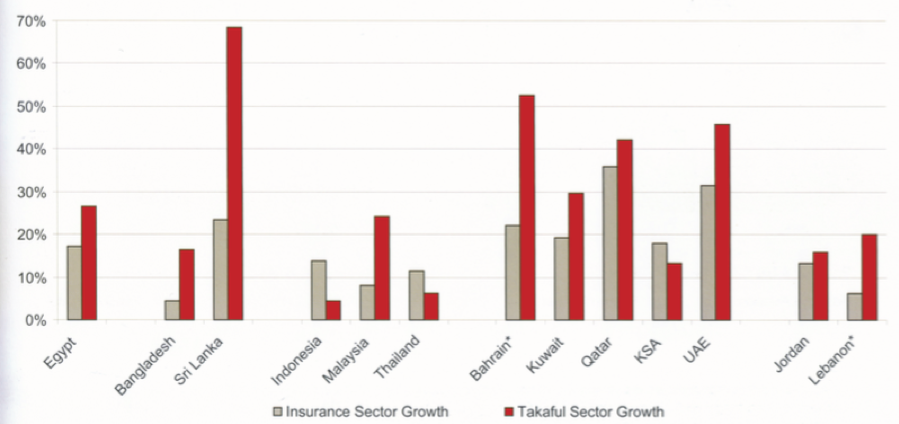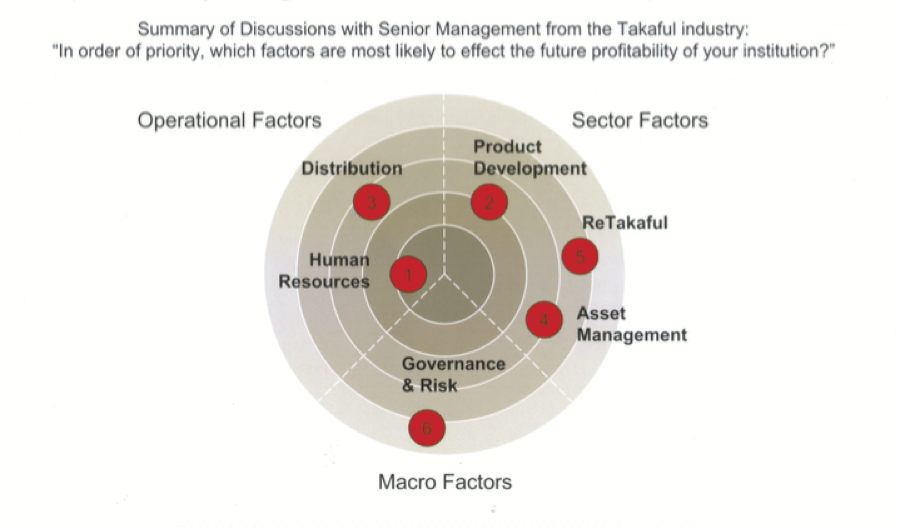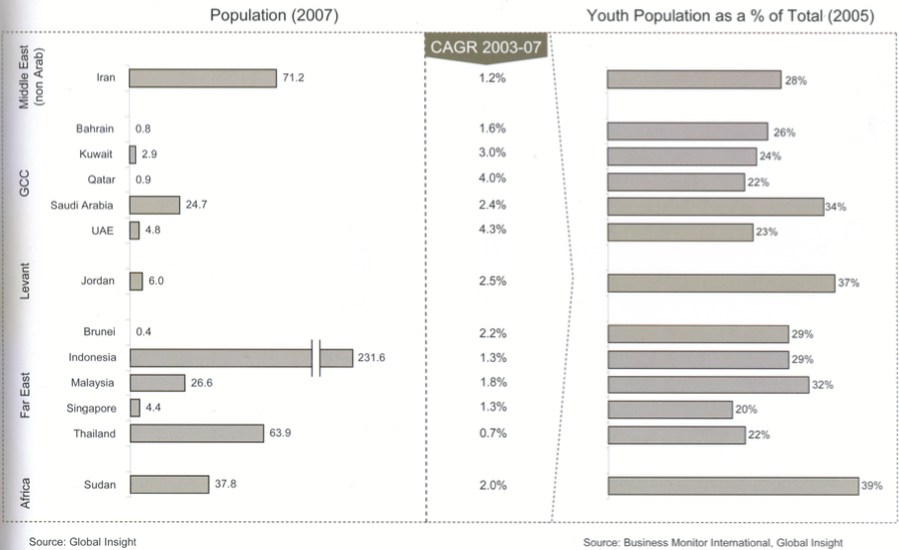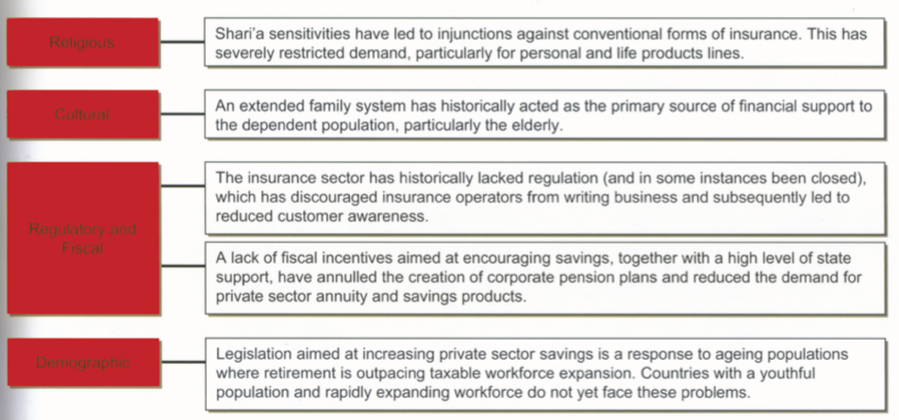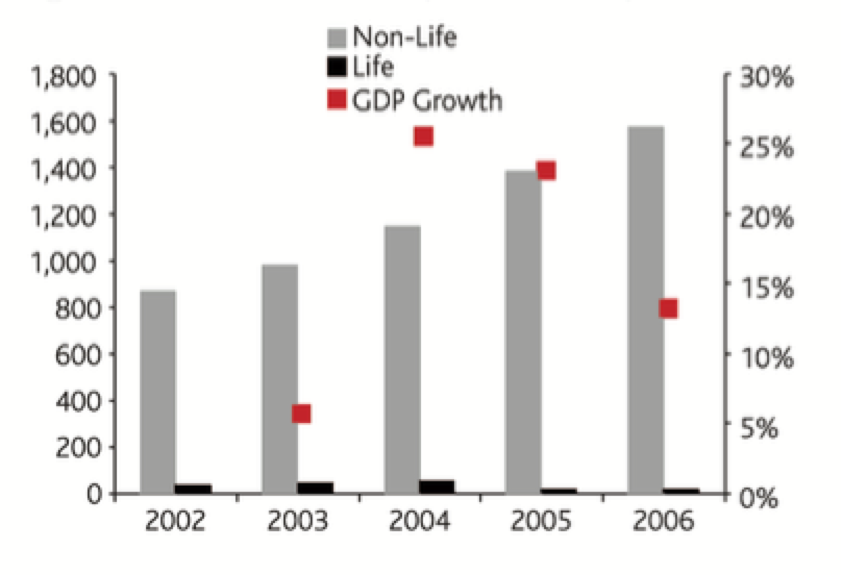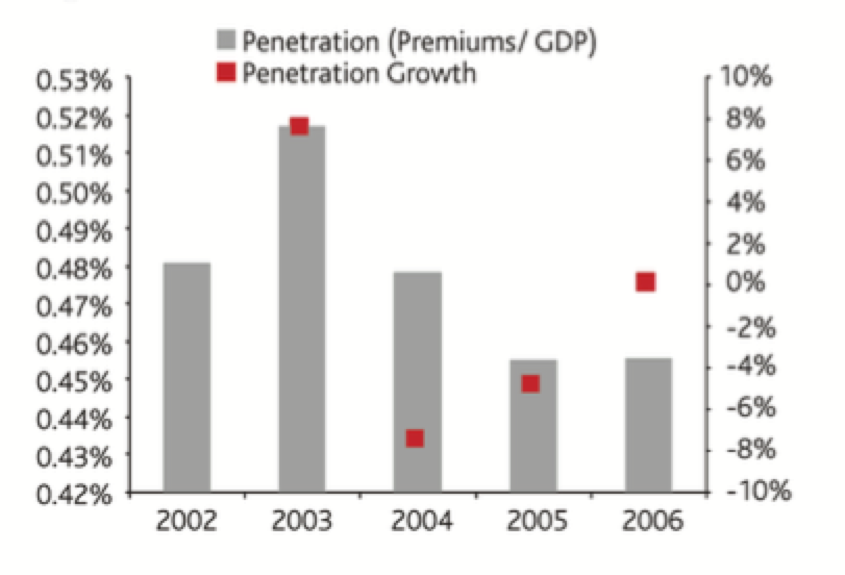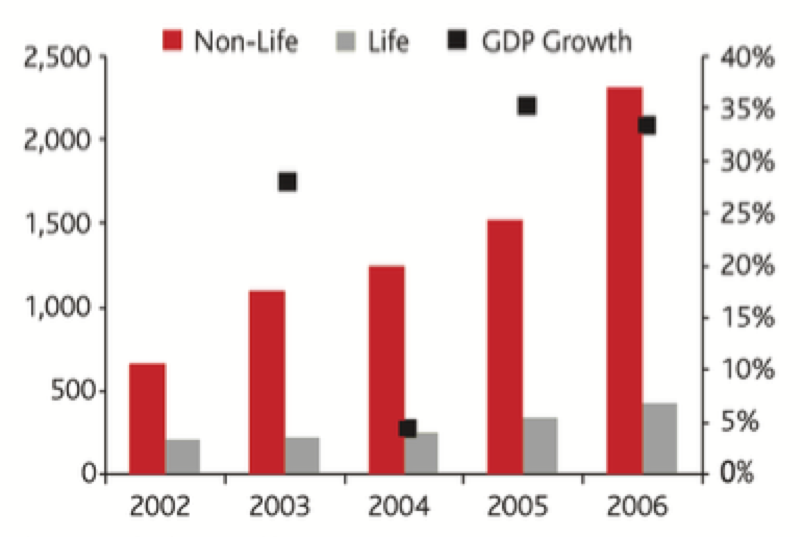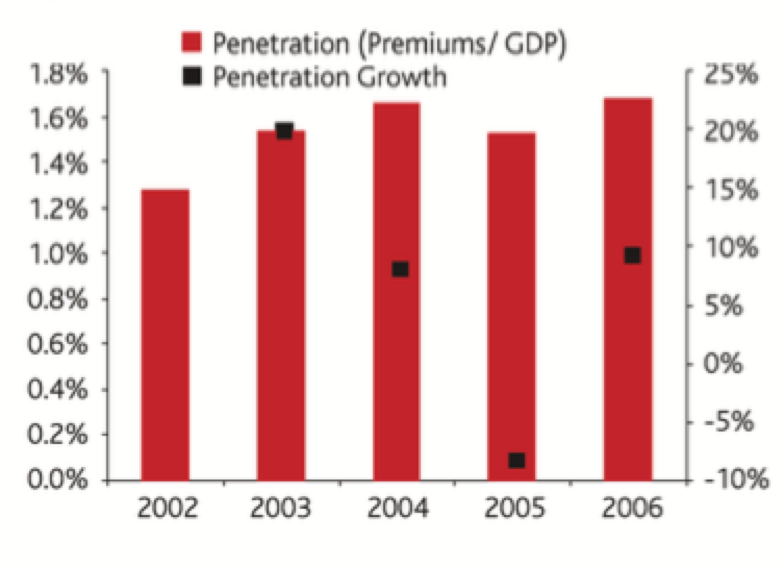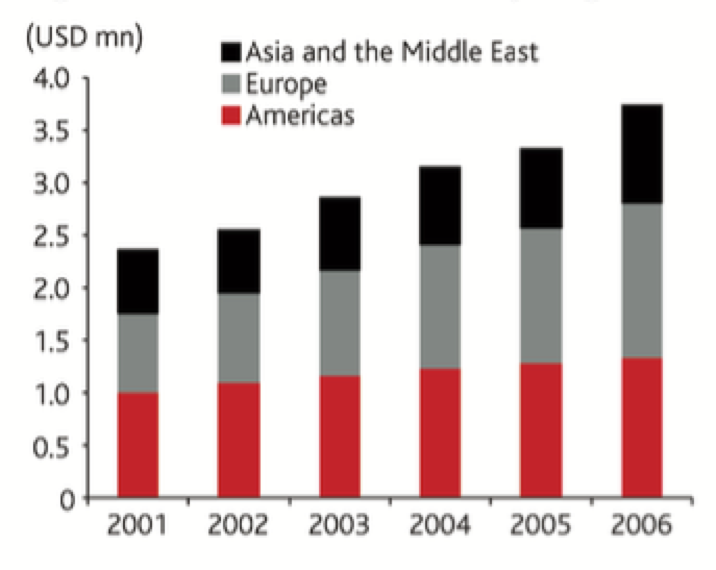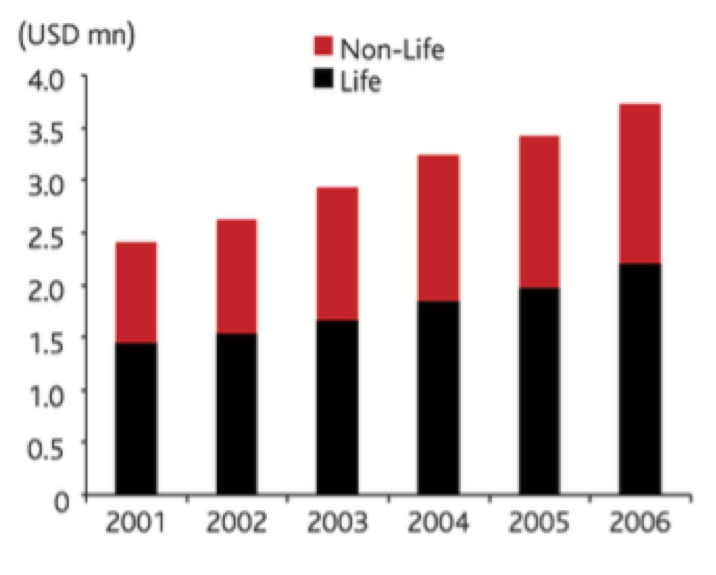ICT is not just creating better solutions for the upper echelon of the income spectrum. It is also finding itself as an unlikely solution for a class normally left out of the high tech market — the unskilled guest workers. In April 2008 California-based outsourcing firm InfoSpan began its operations using m-commerce (i.e. “mobile commerce”) for UAE migrant workers to transfer money to their home countries.
InfoSpan aims to help the UAE government in its efforts to enforce formal bank accounts for all employees and moving the participants of the cash-in-hand culture, the “unbanked”, into the banking system.
In June 2007, the UAE passed a new labor law on how companies have to pay their employees, which went into effect in January of 2008. Under the new regulations, employers must pay their workers — including all 3.2 million foreigners — on time and directly into bank accounts held in the employees’ names. Companies that fail to comply will now face suspension of their activities by the Ministry of Labor.
InfoSpan is offering to help employers comply with the new regulations by handling employee accounts. At this point, companies are facing several obstacles on their path to comply with the new law. One of the greatest is on the part of banks. “For banks, it would be expensive if they were to offer branch service to less than fully literate customers,” explained Larry Scudder, senior vice president of InfoSpan.
The new system can release banks from having to offer their full range of services by getting backing from one of the five card programs — Visa, MasterCard, American Express, Discover, and Japanese-based GCB — that issue pre-paid debit cards, which guest workers can then use at any ATM or Point of Sale. In this program, the debit cards are associated with mobile telephone numbers, covering 95% of guest workers. M-commerce comes into play by alerting the guest worker by SMS when their salary is deposited and allowing them to transfer funds via mobile phone to their home countries.
“With InfoSpan, these workers can pick up a phone and place a phone call and talk to an operator or voice response system in their own language to conduct money transactions,” Scudder added. In the continuing evolution of the process, it is set to later on also include voice recognition to free the workers from having to remember pin codes. “What is important is not to change the lifestyle of the end-user,” Scudder pointed out. With nine data centers worldwide, the development costs of the system are estimated at $35-50 million.
Once implemented, employers pay a fee for this service of handling their payroll. For international transfers, the service fee is dependent on the partnerships with the guest workers’ home countries. For example, in Pakistan the transfer would be paid not by the worker but the Pakistan Central Bank because of its need for hard currency. For the end-user, this translates to a free product. And Scudder is confident that “other nations with the same dynamics would possibly do this as well.”
Remittances have changed with the times, from previously fully going to consumables to now being saved for purchasing property and homes in their home country. By formalizing the remittance system, transfers would also go toward establishing credit on the part of the sender as well providing the receiver of the remittance with a credit history.
By the end of 2009 all residents in the UAE will have to have an Emirates Identity Card that includes three forms of biometrics as a part of an overall strategy of “One Card One Nation”. The smart chip-enabled cards will also be employed by InfoSpan, through an agreement with the Emirates Identity Authority, for use as an ATM card.
The market for this service is certainly massive in scale and likely to grow, as Saudi Arabia will also require all its 13.2 million guest workers to have bank accounts. According to Scudder, migrant workers make up part of the 75% of the world’s population that do not have bank accounts and spend approximately $10 trillion per year in cash — or one-third of the world’s economy.
Servicing this population is a golden business opportunity for tech companies, but one that also provides tangible benefits for the customers, who will no longer have to remain “unbankable.”














